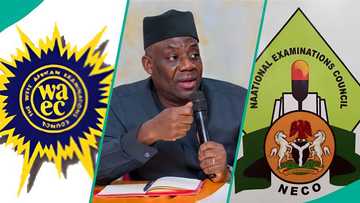Climate Change: Experts Discuss How Circular Economy Principles Can Create Zero-waste Future
- Experts have preached sustainable waste conversion initiatives that can promote a cleaner and greener future
- The specialists disclosed that through consistent advocacy, research, and capacity-building, the society would experience environmentally-conscious innovations
- Expert Tairat Abiola Titiloye explained how upcycling and recycling are practical tools that businesses can use to reduce waste and even save costs
Legit.ng journalist Ridwan Adeola Yusuf has over 9 years of experience covering energy and environmental issues.
Ikeja, Lagos state - A Nigerian circular economy expert, Tairat Abiola Titiloye, has shared tips with small business owners trying to navigate the complicated world of international partnerships.
Titiloye spoke recently at a seminar hosted by the Sustainable Aquatic and Environmental Network (SAYNE), in collaboration with Worcester Polytechnic Institute (WPI), and Ifrique Eco Solutions.
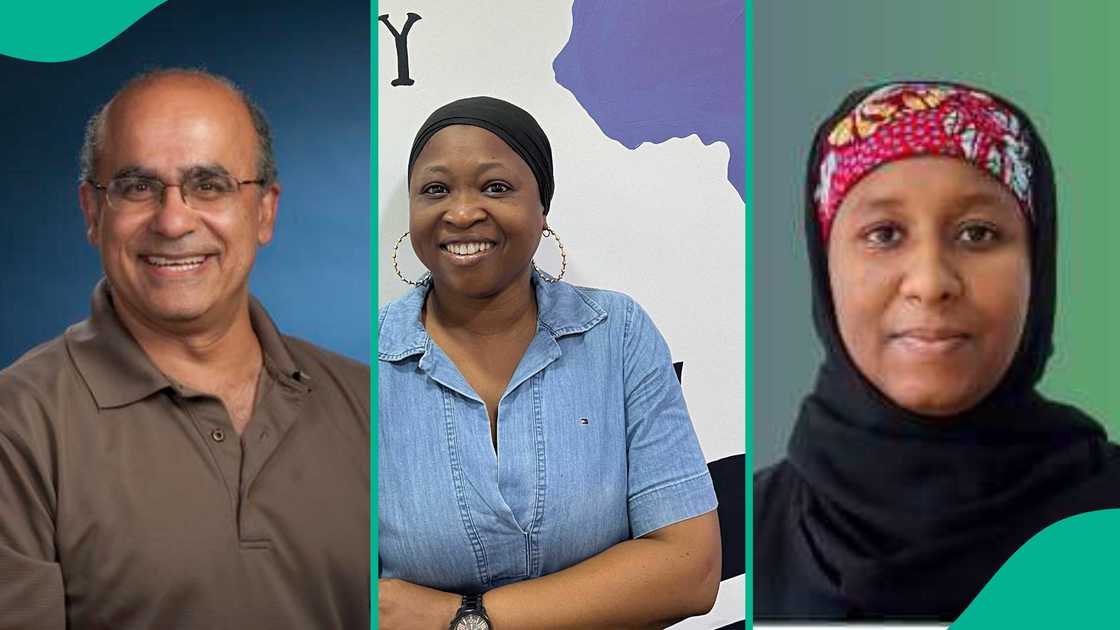
Source: Original
Circular economy: Principles, benefits, and applications
The webinar, titled “Achieving a Zero Waste Future Through the Implementation of Circular Economy Principles”, aimed to explore how circular economy strategies can support the transition to a sustainable, zero-waste future. It brought together passionate minds to explore practical ways waste can be reduced, resources can be reused, and how products and systems are designed.
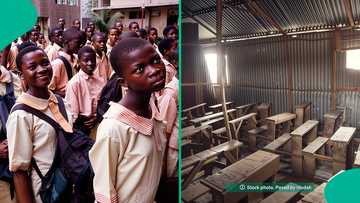
Read also
Africa’s education emergency: Why the clock is ticking toward extinction, by Emmanuel Ezeoka
According to the organisers, the goal was simple but impactful to help individuals, businesses, and communities better understand circular economy concepts and how they can contribute to a cleaner, more sustainable future.
Titiloye, a panelist, commented on the benefits of working with international vendors who are actively embracing the circular economy and implementing initiatives to reduce waste, reuse materials, and promote sustainability. She stressed that the advantages go beyond just “business growth.”
According to her, these partnerships can open doors to more sustainable practices, ones that local businesses can learn from and even adapt to fit their own operations. She explained how upcycling and recycling, for example, are not just buzzwords; they’re practical tools that businesses can use to reduce waste and even save costs.
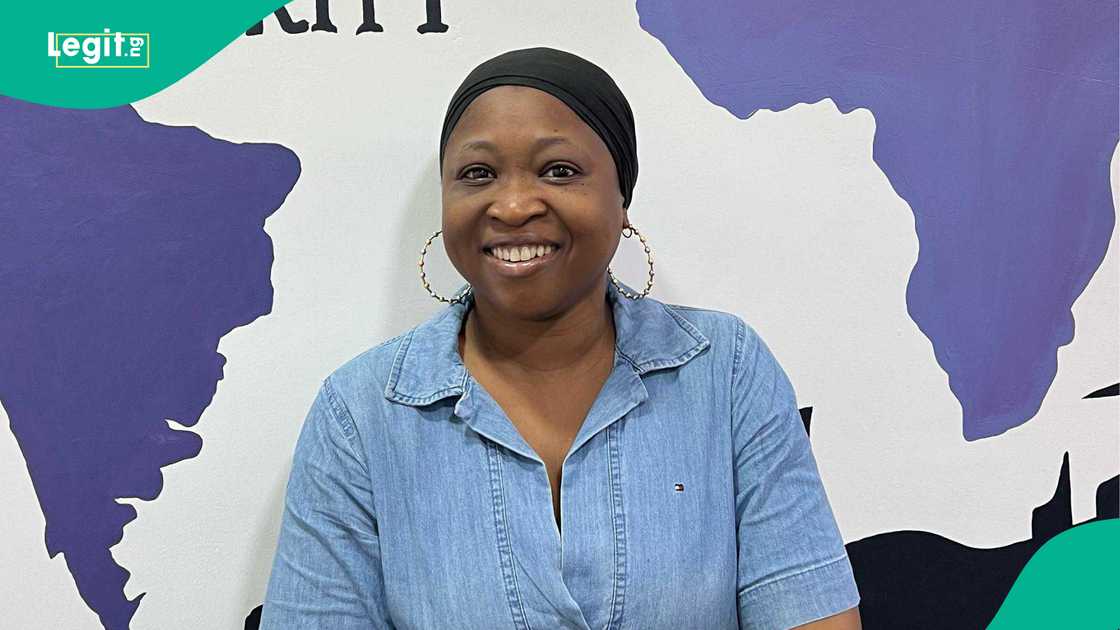
Source: Original
Tairat spoke about the challenges, especially when it comes to foreign exchange, communication gaps, and understanding each other’s expectations. She shared how small misunderstandings can lead to big losses, and stressed the need for clear, honest communication. Her point was simple but powerful: if both sides are on the same page, there is less waste, not just of materials, but also time, energy, and money.
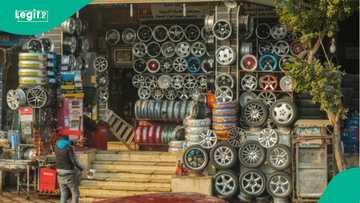
Read also
Inferior tyres, spark plugs, other substandard products enter Nigerian market, SON raises alarm
The keynote address was delivered by Professor Joseph Sarkis, an internationally-recognised scholar in sustainability, supply chains, and circular economy.
Prof. Sarkis explained what circular economy means in today’s world, walking participants through major strategies for circularity, among which are narrowing resource loops and regenerating resources.
He also shared insights from current research and real-world examples, highlighting how the circular economy intersects with various sectors such as climate change, biodiversity, transportation, digital technology (including blockchain), and the informal economy. His research emphasises the need for systems thinking, where circular practices are not treated in isolation but as part of an interconnected web of sustainability efforts.
Additionally, Prof. Sarkis also acknowledged the barriers and criticisms of the circular economy currently, like its limited focus on true regeneration, rebound effects from efficiency gains, and lack of attention to sectors that impact biodiversity the most (e.g., agriculture, forestry, and construction). He challenged participants to think beyond recycling and to consider how circular actions can truly contribute to restoring (blue and Green) nature.
He discussed stronger and weaker sustainability.
Sarkis said:
"Rethink, redesign and reduce are stronger than repairing, reusing and manufacturing - the weaker ones."
He further emphasised the importance of inclusive frameworks, robust circularity metrics, and co-creation of knowledge, bringing together scholars, policymakers, industries, and communities to work collaboratively toward a sustainable future.
In a panel delivered by Mrs. Intissar Bashir Kurfi, a Green Architect and environmentalist with years of experience in sustainable development and eco-solutions, she discussed the practical aspects of waste management through upcycling and circular design thinking, drawing instances from her work as co-founder of Ifrique Eco Solutions. Ifrique Eco Solutions is an eco-adaptation company based in Nigeria that specialises in transforming waste materials into useful and durable products.
Furthermore, Mrs. Kurfi gave real-life examples of materials that are often considered waste, such as PET bottles, polythene bags, water sachets, and nylons, and how these can be repurposed into eco-friendly interlocking tiles, reusable sanitary pads, and other durable items. These solutions not only reduce the volume of plastic waste in the environment but also provide alternative building materials and essential products that benefit underserved communities, she said.
On his part, Dr. Isa Elegbede, SAYNE Development Foundation founder, shared that 100% zero waste may not be achieved, but it is everyone's responsibility to take action in implementing circular economy principles. Elegbede recapped the strategies - reusing, reducing, recycling, amongst others. He also emphasised the importance of learning.
Read more on climate change:
- Apply: 20 Young Africans set for climate justice fellowship, "our stories told on our behalf"
- EU parliament backs emissions reprieve for carmakers
- Global warming: Scientists backed by the government set to research dimming sunlight
Expert asks authorities to tackle climate change challenges
Earlier, Legit.ng reported that Engr. Azeez Agoro, chairman of the Lagos state chapter of the Nigerian Institution of Environmental Engineers (NIEE), said environmental impact assessment (EIA) remains a fundamental pillar in ensuring sustainable development.
Speaking during the inauguration ceremony of the new state executives, Agoro explained that engineering has the power to address the greatest challenges of every era, equipping humanity with the measures to enhance the quality of life.
Source: Legit.ng



